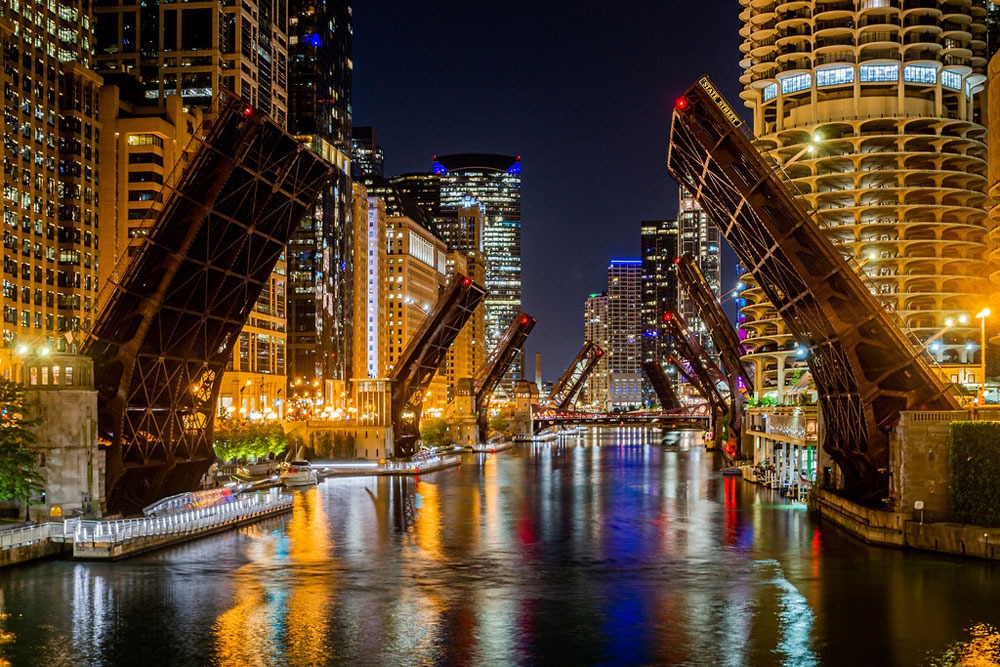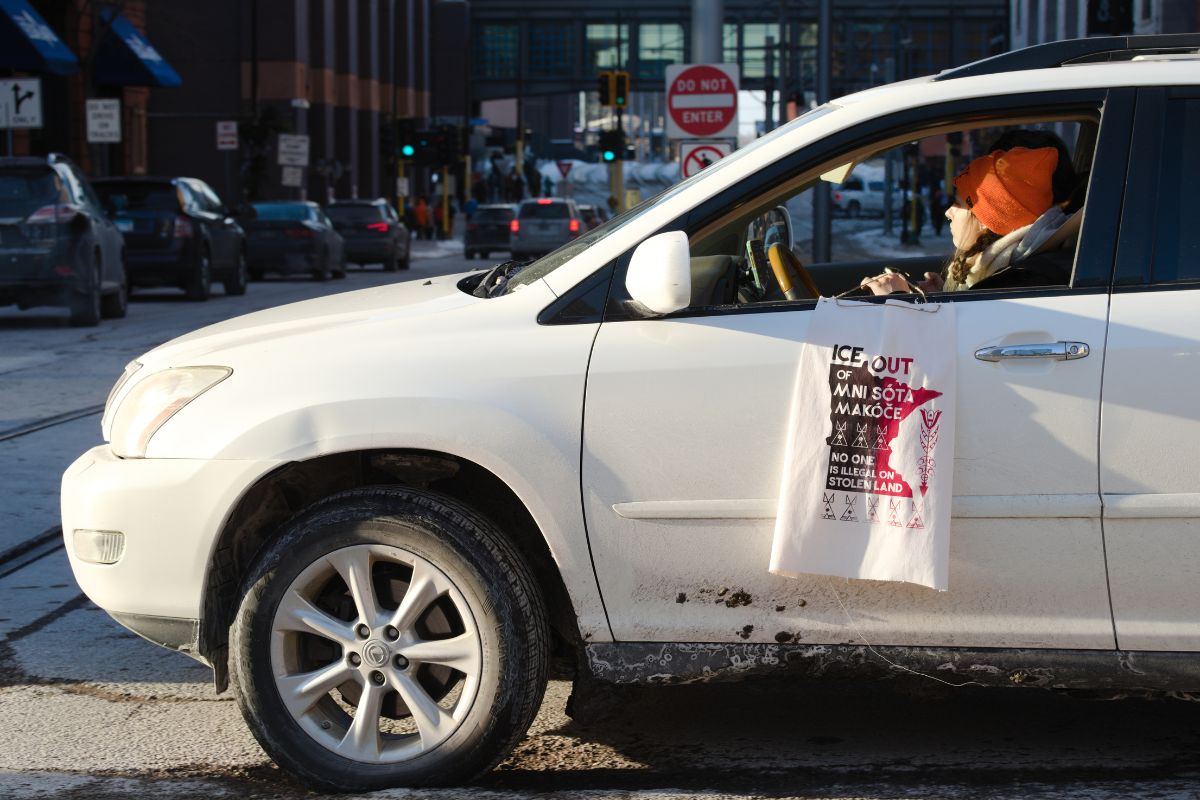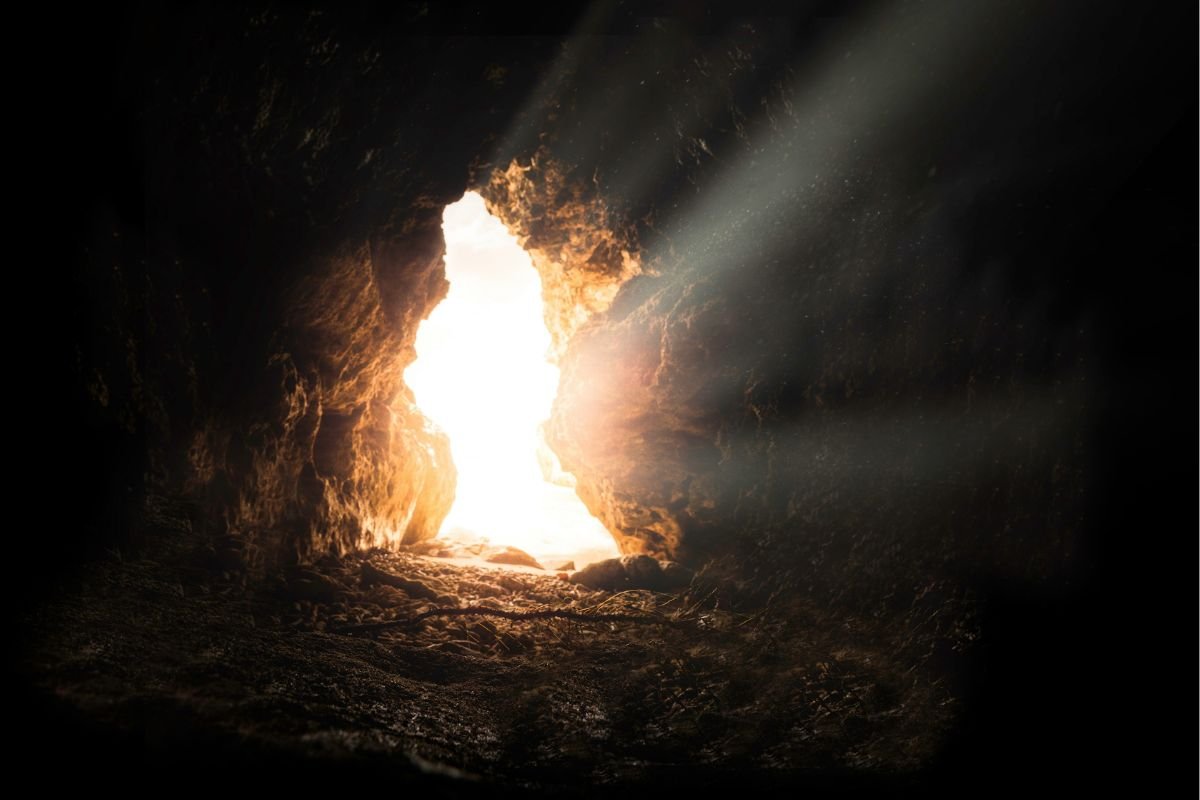
August 13, 2020; Block Club Chicago
The horrid video of Minneapolis police officers killing George Floyd that flashed across the nation demanded we pay attention to how we police our country. The truth of the problem of police racism and violence was brought to the fore, and protesters magnified that truth as they marched. Political leaders across the spectrum seemed to agree it was time to act. But what action was right to take? Is the system as it exists fixable, or has it become so dysfunctional and harmful to communities of color that it must be totally replaced? Should police budgets be decreased so other ways of building safe and peaceful communities can be tried?
In Chicago, these questions find advocates for the city’s Black neighborhoods in a fierce battle with the city’s leadership. Protests have become an ongoing feature of the city’s life. Mayor Lori Lightfoot recognizes the times demand change. In a recent press conference reported by Block Club Chicago, she said:
“The status quo has failed far too many, including dealing with, head-on, our country’s history of racism and how policing has been used” to enforce racism and segregation. “The public must have a reason to trust the police, to cooperate with the police and to call upon the police for help.”
[…]
“We have to make sure that we take advantage of the opportunity that is presented by this once-in-a-generation national conversation around needs and community and what, truly, are the tools and the levers to make communities safe and vibrant,” Lightfoot said. “Truly, not since 1968, when our cities were on fire in the aftermath of the assassination of Dr. Martin Luther King, have we seen such a cry for change and the opportunity to actually answer that cry in an affirmative way that comes forward with solutions.”
But like many elected officials trying to satisfy a broad political coalition, Lightfoot still believes her police department can be reformed, eliminating their worst of its shortcomings and rooting out its systemic racism without defunding. Addressing the United States Conference of Mayors, she advocates an approach that calls for greater investment in social services and mental health while creating a set of best practices for cities “to improve policing and address structural racism.”
Lightfoot has rejected any significant funding cuts for Chicago’s police department. Injustice Watch’s data show that Chicago’s $1.6 billion police budget equates to more than $600 per resident, almost three times what was spent in 1964 despite a significantly lower level of overall crime.
From Mayor Lightfoot’s perspective, as with others who resist calls for defunding, though there may be a need for additional services in underserved communities, that should not be paid for by repurposing police funding. However, many of Chicago’s most ardent protestors see the situation as irreparable. One young marcher protesting near the mayor’s home said it clearly—“The police department is an inherently racist institution. It cannot be reformed; it must be abolished.”
Sign up for our free newsletters
Subscribe to NPQ's newsletters to have our top stories delivered directly to your inbox.
By signing up, you agree to our privacy policy and terms of use, and to receive messages from NPQ and our partners.
Alycia Kamil, a 19-year-old organizer with the youth-led group GoodKids MadCity made that point even more sharply: “We will not be safe unless police are completely defunded. Police reform is a copout way to fix issues, because we know that even with the reforms we have now, they don’t work.”
Matthew Wilbourn, a youth organizer for GoodKids MadCity, says the Defund Movement wants “city leaders to reimagine what public safety could look like.”
I think people are very scared of that buzzword of “defunding” the police because it sounds like you’re taking away, but it’s all about redistributing that money into something else. The mental health problem in Chicago is frightening, and it has to do with shootings and misunderstanding between people and the police because they’re not equipped to handle this.
Ward 20 Alderwoman Jeanette B. Taylor, one of six democratic socialists on the City Council, tells Injustice Watch, “Right now, we’re paying the police to kill folks like me, that’s what’s happening. We can’t get a nurse, a social worker, or a counselor in schools, but we can always afford more police? That’s not common sense.”
From the vantage point of the streets, there’s little trust that incremental change can make a difference. Sixty years after Dr. King visited Chicago, ineffective, violent, and racist police still plague their communities. They see a city that, after agreeing to a federal consent decree that it would reform its police department, has not met 70 percent of the deadlines in that agreement. For the stance taken by Lightfoot and officials like her is to gain support, it must demonstrate the potential for quick change and assure people it won’t be ignored.
Black Lives Matter Chicago, one of the organizations engaged in the Defund protests, doesn’t expect that to happen and promises to keep the streets filled until their demands are met:
Righteous and justified anger—like the kind expressed after the police murder of Laquan McDonald and subsequent cover-up—has proven to be the only tool for police accountability that the public has at their disposal. The mayor cannot expect people to play by her rules as she refuses to treat them with basic dignity. These protests can only end when the safety and wellbeing of our communities is finally prioritized.
In Chicago, as in many urban centers, the outcome of this tug-of-war remains to be seen. Without the change that is desperately overdue, our cities will continue to be places of protest, peaceful and not.—Martin Levine












